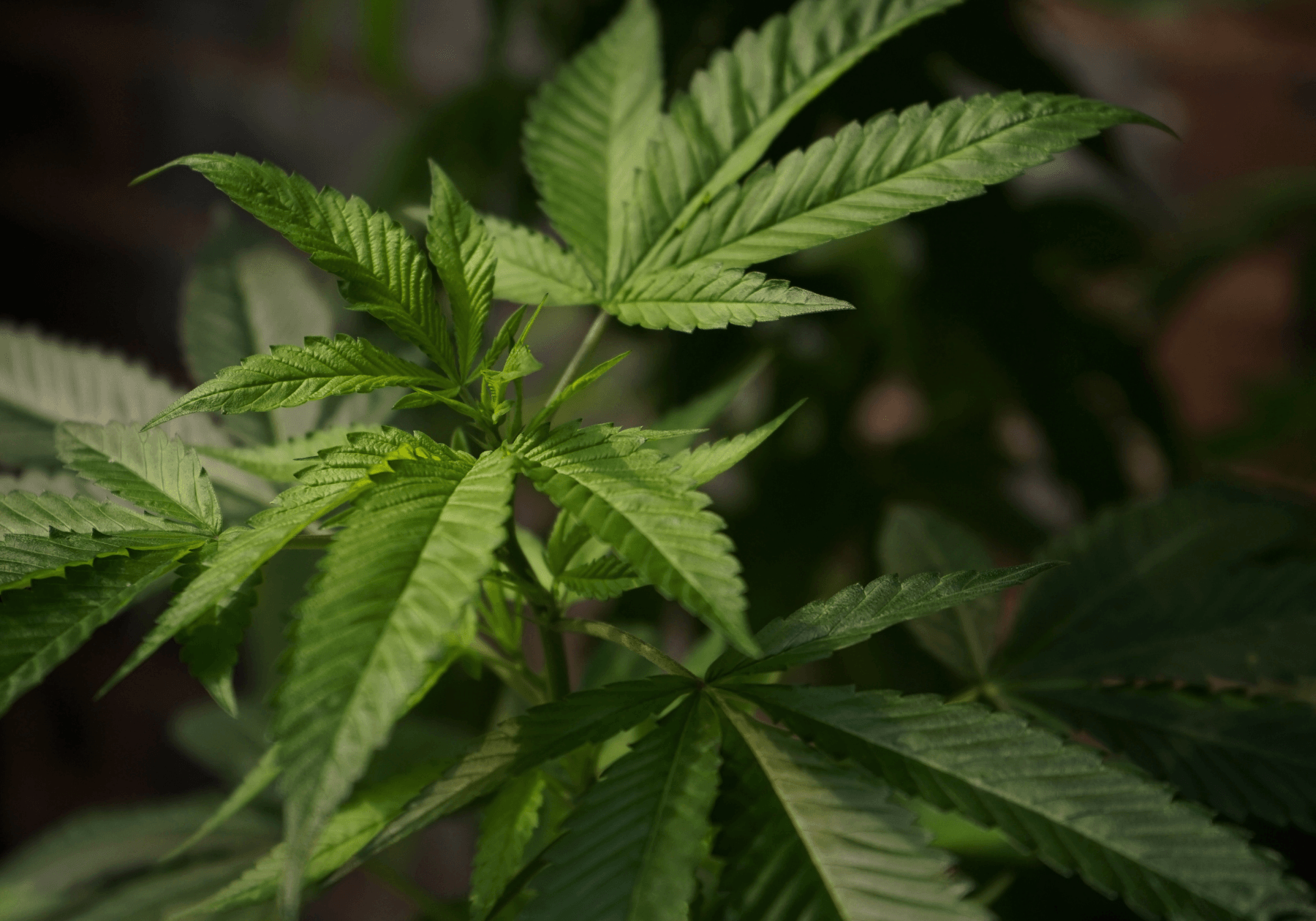
Historical Use of Cannabis: From Ancient Times to Modern Day

Cannabis, a plant with a history as rich and varied as the civilizations that have cultivated it, has been used for thousands of years for medicinal, recreational, and spiritual purposes. This blog post will explore the historical use of cannabis, tracing its journey from ancient times to the modern day.
Ancient Times
The first documented use of cannabis dates back to 2800 BC in China, where Emperor Shen Nung, regarded as the father of Chinese medicine, listed it for its medicinal properties. It was used to treat a vast array of health problems, including arthritis, depression, inflammation, pain, lack of appetite, and asthma
.Cannabis was also used in religious rites in ancient Hindu culture. It was believed that using cannabis appeased the gods and reduced fever, a symptom they attributed to the 'hot breath of the gods'.In ancient Egypt, cannabis was used as an anesthetic, and in medieval Europe, it was believed to have magical powers and was used for medical and spiritual purposes
.
Middle Ages to 19th Century
The use of cannabis continued into the Middle Ages and beyond. The Scythians, a nomadic people from Central Asia, used cannabis to produce a strong, intoxicating drink. In ancient Rome, while there is no evidence of recreational cannabis use, it was used medicinally.
By the late 18th century, early editions of American medical journals recommended hemp seeds and roots for the treatment of inflamed skin, incontinence, and venereal disease.
20th Century to Present Day
In the 20th century, the trajectory of cannabis in South Africa diverged significantly from global trends due to its unique socio-political climate. Cannabis, locally known as "dagga," was policed as a "dangerous drug" from 1922.
The United Nations recorded South African cannabis seizures as accounting for a significant portion of global seizures mid-century, indicating the scale of its use and the government's efforts to control it.
The apartheid era saw stringent enforcement of cannabis prohibition, with the 1971 and 1992 laws maintaining harsh penalties and contributing to a big negative impact on South Africans.
Despite the end of apartheid in 1994, the legacy of these policies continued to affect the cannabis landscape in South Africa. A landmark shift occurred in 2018 when the Constitutional Court ruled in favor of decriminalizing the private use and cultivation of cannabis by adults.
This decision was a step towards dismantling the unfair laws and was followed by the introduction of a bill to legalize possession and cultivation, which was approved by South African lawmakers in 2023.
In conclusion, South Africa's approach to cannabis has evolved from early 20th-century, to a more progressive stance in the 21st century, recognizing both the plant's historical significance and its potential for medical use and economic opportunity.
Conclusion
The history of cannabis is a testament to its enduring presence in human civilization. From its early medicinal use in ancient China to its modern-day status as a controversial substance, cannabis has played a significant role in shaping societal norms and medical practices. As we continue to explore its potential benefits and risks, it's important to remember the historical context that has shaped our understanding of this complex plant.